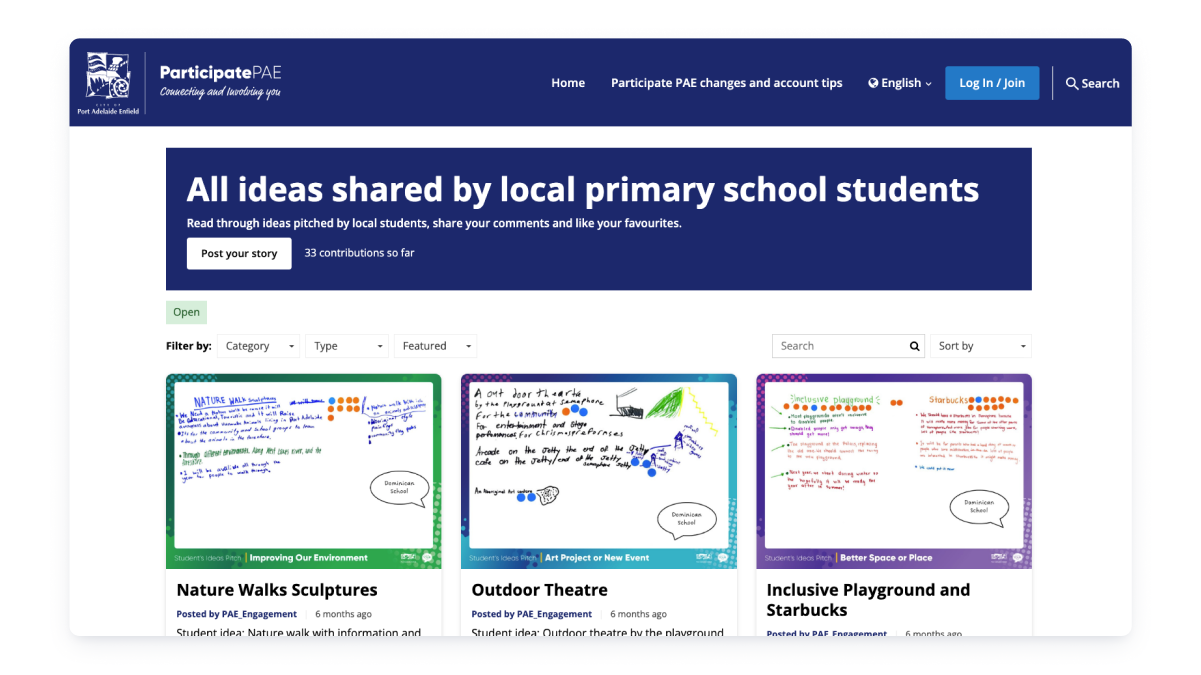It is no surprise that fostering community involvement in the educational process can have a profound impact on student success. When schools and educational institutions actively engage with their communities, this leads to long-lasting benefits for students, teachers, families, and the wider community. Let’s explore the importance of creating a culture of positive community involvement in education and provide some practical insights for educators and administrators.
Education is a collective effort that requires the participation and support of the community. When communities actively engage in the education process, it enhances student outcomes, strengthens the bond between schools and society, and creates a culture of shared responsibility for future generations. More recently, community engagement has even been listed as a vital requirement for the lasting improvement of schools and school systems.
Benefits of Community Involvement in Education
Community involvement in education refers to the collaborative efforts between institutions and their surrounding community. It involves building partnerships, encouraging collaboration, and involving various stakeholders, such as parents, to promote the holistic development of students and address educational challenges collectively.
Enhanced Learning Experience
Establishing a culture of positive community involvement enriches the learning experience by bringing real-world perspectives into the classroom. Students are provided the opportunity to connect their learning to practical outcomes and understand the relevance of their education in the larger community context.
Increased Support and Resources
Positive community engagement opens doors to additional support and resources for schools. When you are actively building connections with local businesses and organizations, you unlock the possibility of increased financial assistance, mentorship programs, internships, and scholarships. These valuable contributions and initiatives empower students to reach their full potential with greater support from the entire community.
Strengthened Community Relationships
Greater trust is established and a sense of shared responsibility is nurtured when collaborating on various community involvement initiatives. Parents and families are able to become effective partners in their children’s education, working together with educators and the wider community to ensure student success. Research shows that this solid foundation of community involvement positively impacts attendance rates, student achievement, academic aspirations, and school reputation.

Maximize Positive Community Involvement with Online Engagement
Community involvement should not be a one-off occurrence. To pave the way for equitable engagement, you need to establish an ongoing, two-way process to build community relationships and work collaboratively to support all students.
Equitable engagement also helps bring a range of voices and experiences together to broaden perspectives and generate a wider, more representative array of ideas to act on. To truly develop a culture of positive community involvement, online engagement platforms can be used to create a centralized engagement hub for schools and education providers.
An accessible and inclusive engagement hub will empower your community to share ideas, seek advice, and contribute feedback. You can also sustain community involvement over longer time periods with fewer resources – without minimizing impact or safety. And with a secure, moderated platform supporting your community involvement, everyone will feel welcomed, respected, and heard.












